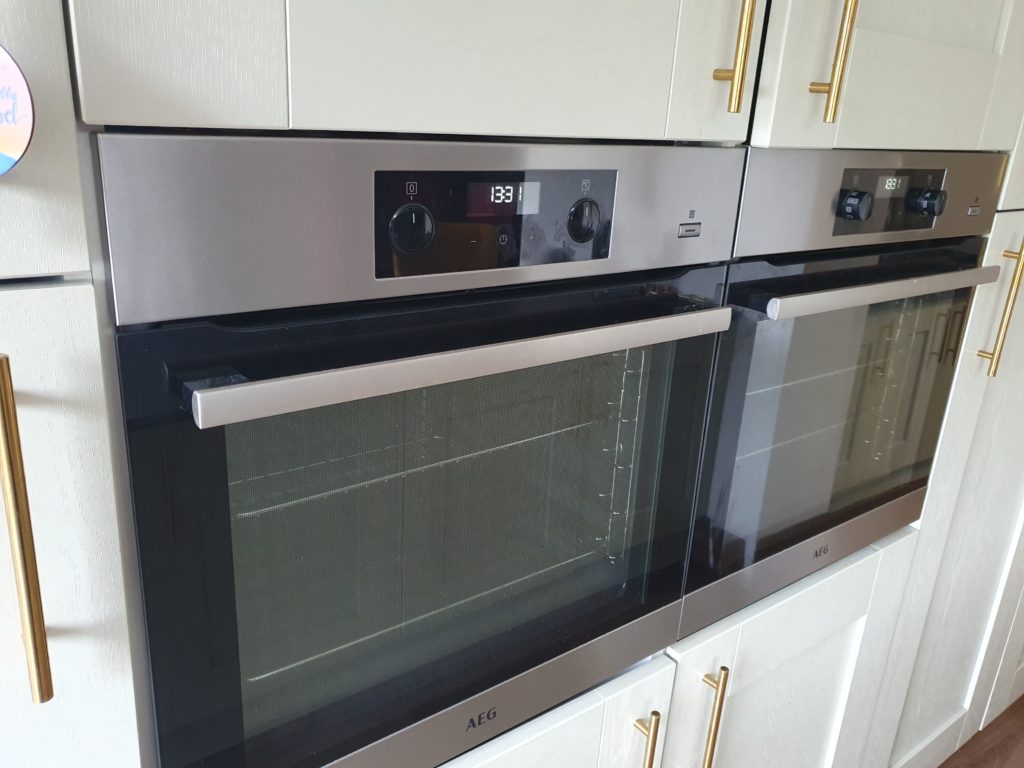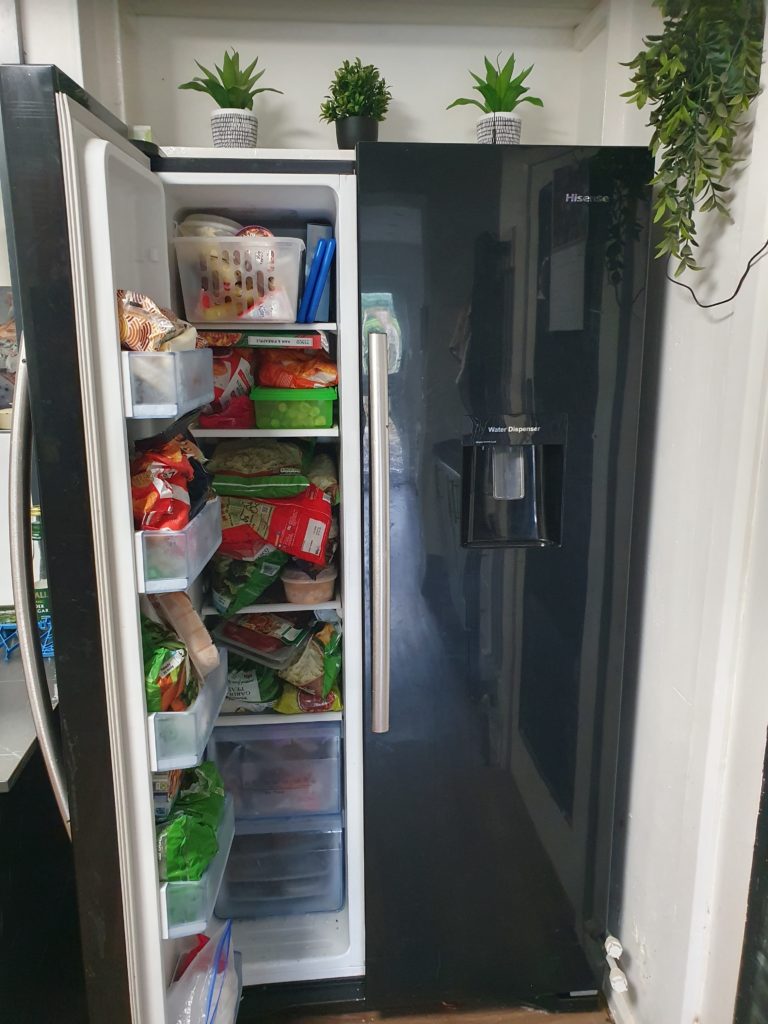Old Appliances vs New Energy Efficient Appliances
Replacing old appliances to save on energy bills is a decision many homeowners face. With rising energy costs and an increasing focus on sustainability, the question of whether the savings are enough to justify the investment in new energy efficient appliances is crucial. Let’s explore how much difference there is in power consumption between older models and newer energy efficient ones, and determine if it’s worth making the switch.

Energy Consumption
Older appliances tend to consume significantly more energy than their modern counterparts. Technological advancements and stricter energy regulations have led to the development of highly efficient appliances. For example, a refrigerator from the 1990s might use up to three times more energy than a new, energy-efficient model available today. Similarly, older washing machines, dishwashers, and air conditioners often require much more power to operate than newer, energy-saving versions.
The Impact on Your Energy Bills
Switching to new energy efficient appliances can lead to substantial savings on your energy bills. On average, homeowners can save hundreds of pounds annually by replacing outdated appliances. For instance, upgrading to an energy-efficient refrigerator can save up to £100 a year, while an energy-efficient washing machine can reduce water and energy costs by about £50 annually. While the initial cost of new appliances might be high, the long-term savings on energy bills can quickly offset this investment.

Environmental Benefits
Beyond cost savings, replacing old appliances with energy-efficient ones has significant environmental benefits. New appliances use less electricity and water, reducing your home’s overall energy consumption and lowering your carbon footprint. This shift contributes to less strain on natural resources and a decrease in greenhouse gas emissions, promoting a more sustainable lifestyle.
When Should You Replace Your Appliances?
Age of the Appliance
- If your appliance is over 10-15 years old, it’s likely far less efficient than current models. The older the appliance, the more energy it typically consumes.
Frequent Repairs
- Constantly repairing an old appliance can add up in costs. At some point, it’s more economical to invest in a new, efficient model than to continue fixing an outdated one.
Energy Consumption
- Check the energy ratings and compare the power consumption of your current appliances with new models. The Energy Star label is a good indicator of an appliance’s efficiency.
Performance Issues
- If your appliance isn’t performing as well as it used to—such as taking longer to heat, cool, or clean—it’s likely wasting energy.
Conclusion – Lets get you Plugged In.
The debate of old appliances vs new energy efficient appliances often boils down to cost and environmental impact. New energy-efficient models not only save you money on your energy bills but also contribute to a greener planet. While the upfront cost can be a consideration, the long-term benefits make upgrading a wise choice for most homeowners.
At Plugged In Electricians, we’re dedicated to helping you make the most of your home’s electrical system. Whether you need advice on upgrading your appliances, installing new energy-efficient systems, or conducting a comprehensive electrical inspection, our team of experts is here to help. Contact us today to learn more about our services and how we can assist you in creating a more efficient and eco-friendly home.
Visit our website at www.pluggedinelectricians.co.uk or call us at 01524 932524.
For more information, visit https://greenly.earth/en-gb/blog/company-guide/all-you-need-to-know-about-energy-efficiency
